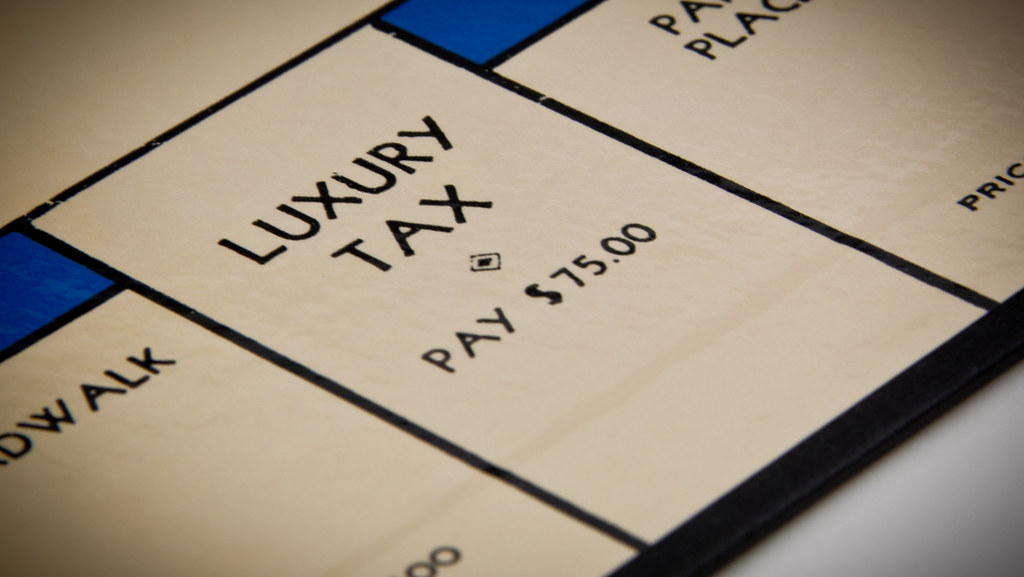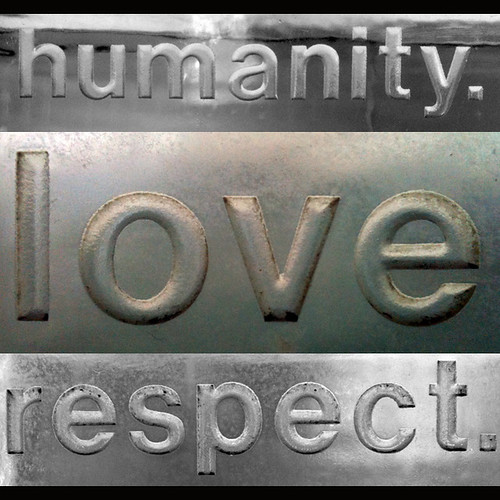How Poverty and Wealth Inequality Weakens America

What is the real impact of wealth inequality and how can it be combated? Poverty and wealth inequality lead to problems in America. A large degree of wealth inequality leads to resentment, which encourages social unrest, distrust, and fighting between different social groups. If it becomes extreme enough, it could even lead to civil disorder, large-scale rioting, and even civil war and the overthrow of the government, as we have seen in other countries.
What is Wealth Inequality?
Wealth inequality is the uneven distribution of wealth and income in a society. In other words, wealth inequality is when some people have a lot and others have very little.
The wealth gap between the top 1% and the rest of the 99% is widening. In the United States, the top 10% of the population earns more money than the rest of the population put together. In the UK, the top 10% earn more than the bottom 50%.
A recent study discovered that wealth inequality in America is even worse than it was in the 1920s at the height of the Great Depression. Over the last half-century, the median household income adjusted for inflation has only climbed from $54,393 in 1968 to $67,463 in 2021, an increase of 19.4%. In comparison, the starting income of the top 5% rose from $141,323 in 1968 to $273,850 in 2021, a 48.4% increase.
How is Poverty Defined?
Poverty occurs when people are unable to afford the basic necessities: food, clothing, and shelter. It is a complex issue that is affected by the lack of money, limited opportunities, few resources, and frequently made worse by mental or physical illness, drug abuse, trauma, or disabilities.
In 2020, even with government and pandemic assistance, 11.4% of Americans were living at or below the Federal Poverty Level of $21,960 for a family of three. Even more significant, 27.5% of Americans are part of a family living on less than twice the poverty rate. Traditionally disadvantaged minorities and single mother households see even higher rates.
Why Is Poverty and Wealth Inequality an Issue?
Poverty and wealth inequality has existed in America ever since the country was founded. The United States was founded on the idea of egalitarianism and opportunity for all. However, even as America attracts many for its opportunities, many arrive with little or nothing – or are born into families already in poverty. Our capitalistic society also has regular cycles of extreme wealth inequality, until the government and laws catch up to try to reign in the monopolies and oligopolies to more reasonable levels.
Unfortunately, we are now seeing a larger amount of wealth inequality than we have since the Great Depression, which was already one of the most extreme gaps we have seen in our country’s history. With more and more people living in poverty, the middle class continuing to get smaller, and with wealth distribution becoming more and more unequal, there is a growing concern that America is losing its way.
The reason why wealth inequality is increasing is because of how the economy is structured. Economies of scale naturally lead to consolidation in the market, leading to a small number of people benefitting excessively – the large tend to get larger, and the rich tend to get richer. The more the rich benefit, the less the rest of society benefits, and this is reflected in the reduction in the size of the middle class and measurably less upward mobility. Millennials and Gen Z are the first generations in America that expect to be less successful than their parents.
Some of the consequences of this include:
- Less innovation limits international competitiveness and productivity gains
- Fewer new businesses lead to less competition and higher prices
- More financial stress causes higher costs and a greater need for support services
In short, the greater the wealth inequality becomes the lower the incentive and opportunity to advance exist, and the less competitive America becomes.
Aren’t the Poor to Blame for Being Poor?
Poverty in most cases is not a moral issue or personal failing. Roughly 7 million adults or 4.5% of the workforce are “working poor” – meaning they have jobs for all or most of the year, but still don’t earn enough to get above the Federal Poverty Level for their family.
Children under 18 and seniors make up 44.6% of those in poverty. Of the working-age adults in poverty who are not working, 33.7% are ill or disabled, 25.6% are taking care of their family, 18.8% are going to school, and 11.4% are retired. This translates to a 6.6% relative unemployment rate, which is only slightly worse than the overall unemployment rate.
This shows that the vast majority of those in poverty are impacted by external factors. Blaming them for their circumstances is not only unfair but also unhelpful.
What is the Solution?
Today, America is becoming increasingly divided in terms of wealth and poverty. Our wealth inequality is growing, with the richest 1% of Americans owning more than the bottom 90% combined. This inequality is not just bad for the poor, it’s bad for our democracy.
There are a number of ways to address both wealth inequality and poverty, but they are complicated issues. Any solution will be highly political and generate a lot of controversies. Do we increase taxes on the rich? Expand social programs? Raise the minimum wage? Do labor laws need to change? What about Universal Basic Income (UBI)? Do we need to address the loss of the middle class in addition to poverty?
What would be the impacts and consequences of each of these solutions? To properly address each of these will be an article in itself.
References
https://www.bls.gov/opub/reports/working-poor/2018/home.htm#:~:text=About%2038.1%20million%20people%2C%20or,to%20the%20U.S.%20Census%20Bureau. – About the Working Poor
https://fas.org/sgp/crs/misc/R46294.pdf – Demographic and Social Characteristics of Persons in Poverty

